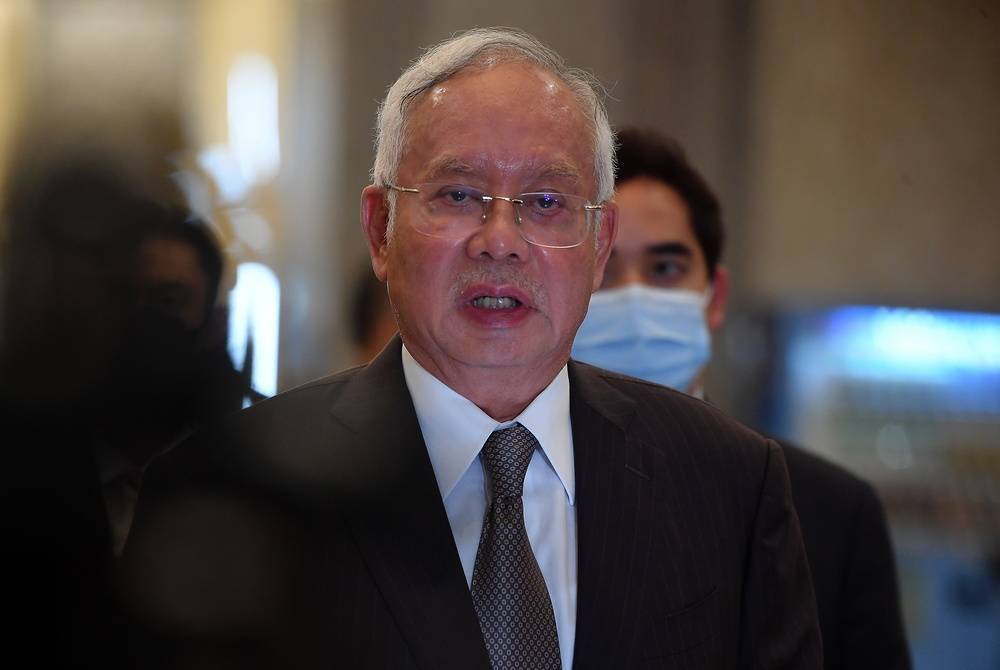SHAH ALAM - The government's proposal to file for a gag order to prevent discussions related to the judicial review application concerning the legitimacy and authenticity of the royal addendum has triggered debates among legal practitioners, politicians, and the public.
This follows a statement by Senior Federal Counsel Shamsul Bolhassan, representing the government, who emphasised that the Attorney General's Chambers (AGC) is taking this step to protect the monarchy, as the case involves sensitive issues.
Meanwhile, lawyer Tan Sri Muhammad Shafee Abdullah, representing former prime minister Datuk Seri Najib Razak opposed the application.
He argued that the matter is of public interest and has already become a hot topic of discussion, including in Parliament.
To this, senior lawyer Mohamed Haniff Khatri Abdulla opined that the prosecution's application is unwarranted, as the main issue to be addressed in the judicial review at the Kuala Lumpur High Court revolves around fundamental legal questions.
The key issue to be determined by the court is whether the royal addendum sent by the 16th Yang di-Pertuan Agong to the Attorney General on January 29, 2024, is genuine and valid for use.
If the document is found to be authentic, the High Court must then decide whether the royal addendum can be implemented under the Federal Constitution or should be set aside.
This follows the Court of Appeal's confirmation of the document's existence and its directive for the judicial review to be heard on its merits at the Kuala Lumpur High Court.
This has raised questions about why the authorities and government did not disclose the existence of the royal addendum earlier.
Was there an instruction to keep it confidential?
Last Saturday, Prime Minister Datuk Seri Anwar Ibrahim clarified that the government had never concealed the royal addendum to allow Najib to serve the remainder of his prison sentence under house arrest.
Instead, Anwar stated that he was among the first to bring up the matter in the Pardons Board meeting, presenting reasons for clemency.
Lawyer Muhammad Akram Abdul Aziz explained that in some countries, gag orders are used to ensure that juries are not influenced by media coverage or news reports, which might hinder their ability to deliver fair and impartial verdicts.
"However, since Malaysia does not employ a jury system in court proceedings, a gag order may be viewed as a restriction that entirely prevents reporting on a case or discussing it in public,” he said.
Therefore, Haniff urged that the protection order and gag order regarding the royal addendum should not proceed.
He argued that the public should not be barred from discussing issues related to the royal addendum, as freedom of speech is a right guaranteed under Article 10 of the Federal Constitution.
Nevertheless, if any statements or writings by individuals cross the line, the AGC, the Prime Minister or others have the right to file civil defamation suits against the relevant parties.
The prosecution may also apply to initiate contempt of court proceedings against individuals found guilty of such offences.
Haniff Khatri further stated that scholarly opinions from lawyers, academics, and other parties aligned with constitutional provisions are unlikely to legally influence the High Court's eventual decision.
The court has the authority to make its own interpretations, regardless of opinions expressed academically by lawyers and academics.
He also advised social media users and political party supporters not to distort facts in ways that could undermine the court’s responsibilities.


